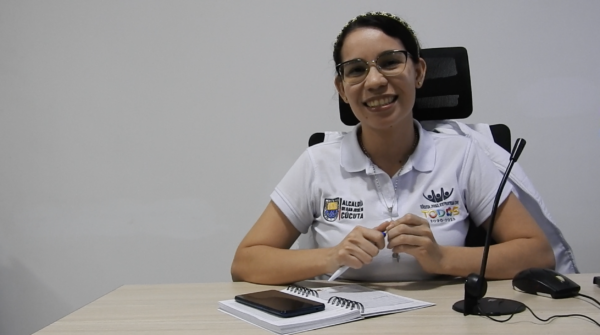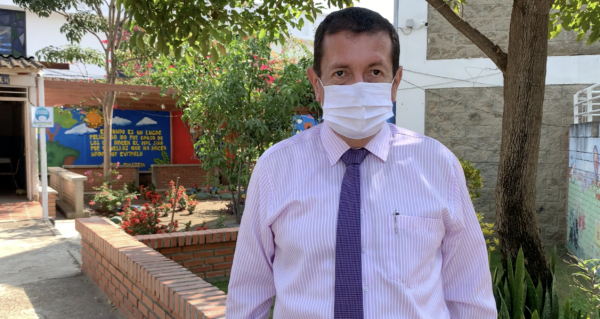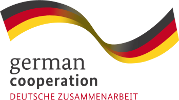In the San José Educational Institution, located in the Trigal del Norte neighborhood, in Cúcuta, hundreds of boys and girls who live in very vulnerable contexts are cared for. The families that form part of the educational community belong to the lowest socioeconomic strata, for the most part. In addition, between 30% and 40% of the classrooms are made up of migrant students from Venezuela. Only last year, the institution received 450 boys and girls from the neighboring country.
The migrant families who arrived in the community crossed the border with just one bag, and arrived in a very serious situation. The children of these families have been given the educational attention they need. But it is not a simple situation, says Miguel Orlando Peñaranda, principal of the institution. The school’s resources are not extensive, so serving all these students is a challenge. In addition, other difficulties have come to light throughout the health crisis.
“Families did not have connectivity in their homes. Guides were created in the midst of the pandemic, but they did not come to pick them up. If the mother or father had a cell phone, then they did not have enough data… with three children, the option to enter class was a privilege. Virtuality in this context is a lie and it is clear that the pandemic did damage in the poorest contexts”, the principal comments. “Some 40% of students attended class every day, 30% via WhatsApp, and barely 15% participated in virtual classes,” he adds.
In this context, says Miguel Orlando, projects or initiatives like La Aldea-UNICEF are key in helping children to get ahead. “We have to make up for lost time and in this task, a pedagogical strategy like La Aldea is essential,” he says. This has to do with the approach it offers: it’s transversal, it’s contextualized, it’s fun, it’s creative, it’s different, and that motivates students.
In fact, La Aldea has been implemented in this institution for some years, with an impact on both teachers and students. “Since we implemented La Aldea in the institution, the attitude of the students has been one of motivation. They are always willing to participate because they love the characters and identify with them. La Aldea is a valuable tool because it has allowed them to improve their reading and comprehension processes, while working in a very didactic way. And the best thing is that it can be used in any area, since it has a transversal approach. From math, science, and caring for the environment, to reading and ethics,” says Marlobi Barrera, one of the teachers who works with La Aldea in her classroom.
The teachers, says the principal, are delighted with La Aldea and are asking to extend the implementation of the strategy. In addition, using the book and all its associated activities and tools has served as a basis for achieving other goals:
“La Aldea served to create a significant experience in elementary school for the municipality of San José de Cúcuta, which was selected as a finalist; This allowed teachers to understand that new tools and training such as these can generate new and better results. In addition, the students are fascinated because the readings and all the activities, in addition to being nice, are adapted to the context”.






